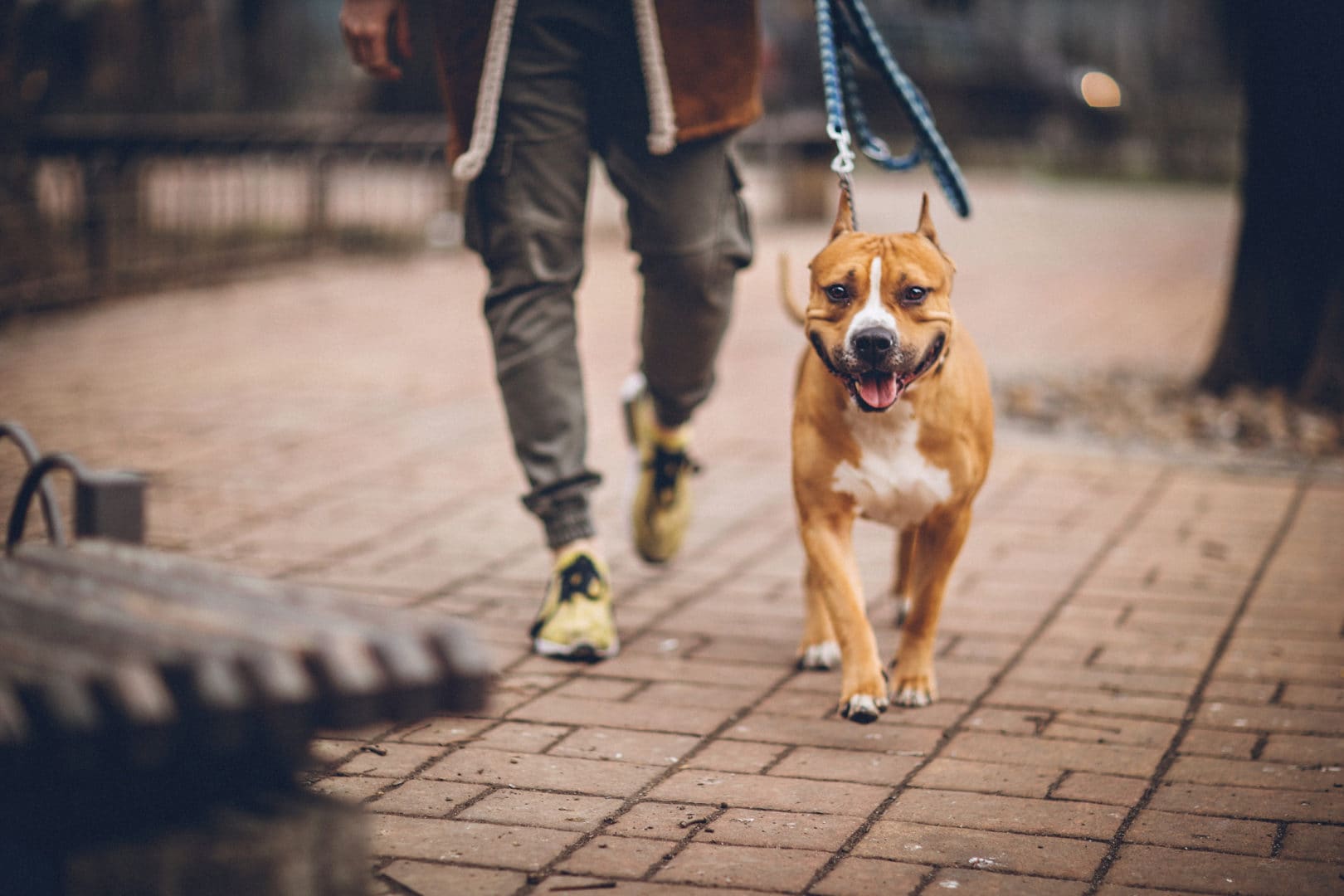Bags packed—check. Boarding passes printed—check. Airport taxi booked—check. Arrangements for Fido—uh-oh! Whether your pet is a still lively young puppy or their frolicking days are long behind them, preparing for their care during your absence can be stressful. The decision between hiring an in-home pet sitter or using a boarding kennel is packed with pros and considerations for each option. Gain some insight into the best approach for your four-legged friend with this advice.
1. Consider your pet’s age
Planning holidays can be a tricky process. Many people find themselves scrambling to make all kinds of important arrangements at the last minute—and pets can feel the strain, too. Boarding can be a hassle-free way to ensure that younger pets have all their needs catered for while you’re away—so you can relax safe in the knowledge your beloved buddy is enjoying exercise and playtime with other furry friends. It’s a getaway for them, too!
As pets get older, however, they tend to prefer the familiar and soothing pleasures of hearth and home. Some can find new environments tiring and anxiety-inducing. Using in-home care for older pets will give them the personalised attention they need and offer you peace of mind.
2. Estimate how often you intend to travel
Busy travel schedules can be hectic enough without having to factor in taking your pets to and from the kennel. Frequent globetrotters might find in-home care a better fit for their lifestyle. Using the varied services of a dog walker or pet sitter can help provide your pet with tailored one-on-one care that sticks to their regular routine. Safe in the knowledge they can still enjoy their creature comforts and familiar surroundings when you’re away, your pet will look a lot less nervous next time you take out your suitcase.
3. Get to know the pet sitter you’re hiring
When choosing a pet sitter, it is extremely important to hire a professional with references and insurance cover. Always do a background check and have a backup plan in case something comes up or your sitter’s schedule changes. When interviewing a pet sitter, compile a list of important questions about previous work experience and ask for references.
Scheduling a trial play date between your pet and potential sitter is a great way to assess their chemistry. Let them take your pet on a walk and follow a little way behind them to observe how your dog and the pet sitter get along. If something doesn’t feel right, listen to your instincts and look for new candidates.
4. Visit the boarding kennel and ask questions
Just like hiring an in-home pet sitter, boarding your four-legged friend can also be a healthy option. Letting your pet socialise is an important aspect of owning a pet, as it teaches them how to interact with other animals, play peacefully, adapt to change and transition to new situations.
Cage-free boarding facilities will give your pet a sense of independence, as well as plenty of room to run around and play. Most dogs love letting off steam with new canine companions, but even the most playful pup needs a rest now and then. Look for a boarding kennel that offers one-to-one and group activity settings.
5. Set expectations for your pet’s care
The biggest question for any pet owner considering boarding or in-home care is “What will my dog do all day?” For home care, be sure to create a schedule and go over it with your sitter. This should include when and how your dog has meals, medical information, a walk schedule, grooming needs and playtime and bedtime routines. In addition, have an emergency plan in place with important contact phone numbers and an emergency meeting point.
If you are choosing a boarding kennel, ask for a detailed schedule of what your pet will be doing and how much interaction they will have with other animals and with the kennel staff. It is essential that the boarding facility pairs your pet with others of similar disposition and provides regular exercise and playtime rotations throughout the day. When looking at different kennels, observe the number of dogs being boarded. Overcrowding can lead to aggressive behaviour, which poses problems for you and your pet. Before considering boarding, make sure your pet is up-to-date on all their vaccines, including infectious canine hepatitis, leptospirosis, parvo and kennel cough, and be ready to provide proof they have been spayed or neutered.
Whether you choose in-home pet care or find the perfect boarding kennel, you need to feel comfortable saying goodbye to your pet—reassured that your chosen care option includes all the love and attention they need.
